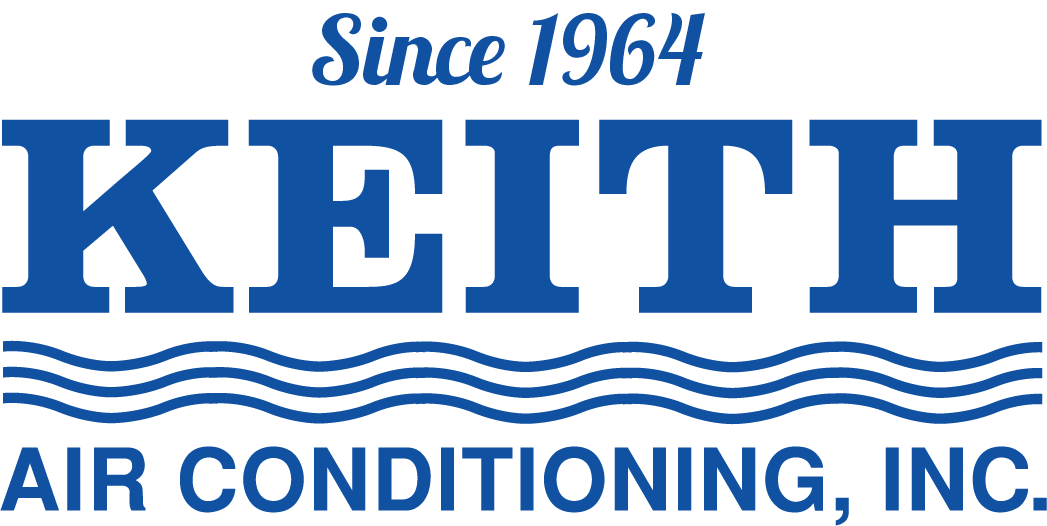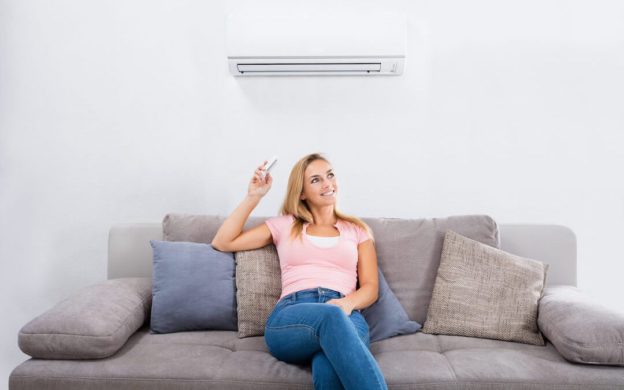In the U.S., Arbor Day is celebrated every year on the last Friday in April. In 2018, it falls on April 27. It is customary to plant a tree in honor of Arbor Day, and every year, people in countries all around the world participate. Planting and caring for trees is important because trees offer so much to us. Trees clean our air, supply oxygen, offer shade to keep us and our homes cooler, conserve energy, yield food, provide homes for wildlife and so much more. In addition to planting a tree in honor of Arbor Day, here are three more ways to celebrate the holiday around your home.
- Consider your home’s indoor greenery
Houseplants offer more than just pretty decoration in our homes. They’ve been shown to reduce stress and create tranquil environments for us. Plants help improve indoor air quality by reducing carbon dioxide, pollutants and dust. In a workplace setting with plants, employees are more productive, feel happier and get sick less often. Hospital patients can benefit from having a plant too – they recover faster, experience less fatigue and anxiety and have lower blood pressure, among other benefits. Walk around your home and consider where you could add greenery. (For more information on indoor air quality, see this “Care for Your Air” guide from the United States Environmental Protection Agency (EPA).) - Assess your home’s landscaping
There are many benefits to landscaping around your home. For one, a beautifully landscaped home will increase your home’s curb appeal and market value. In addition, grass and trees yield cooler temperatures around your home, providing shade from the heat, lowering your air conditioning needs and reducing glare through your windows. Grass and trees remove carbon dioxide from the air, and trees supply oxygen for us every day. Outdoor living areas and landscaping have been shown to improve our quality of life, reduce blood pressure, improve our attention spans and memories, lower stress and lower healthcare costs. All in all, landscaping is a vital component of a healthy mind and body, so walk around the exterior of your home and consider where you can add perennial landscaping or improve existing landscaping. - Evaluate your home’s energy efficiency
One downside to having an older HVAC system is it is less efficient, so it ends up costing you more in your monthly energy bills. The best way to ascertain the energy efficiency of your HVAC system is to schedule a maintenance appointment. After our HVAC professional cleans and inspects your system, they can provide a professional assessment of its current condition and its energy efficiency as well as recommendations for repairing or replacing your unit if needed.
For example, do you know the Annual Fuel Utilization Efficiency (AFUE) rating of your furnace? ( It measures how efficiently a gas furnace converts fuel into energy. The higher the AFUE rating, the more energy efficient a furnace is, and the more you will save on your energy bill. Since 1992, the minimum AFUE rating of furnaces has been 78 percent. For furnaces sold after September 2015, the new minimum AFUE rating is between 80-83 percent, depending on the furnace type. The most efficient models rate between 95-98 percent. If your furnace has an AFUE rating of 80 percent or below, you should consider a replacement to save money on your energy bill.
You can also talk to your Keith Air Conditioning professional about your Seasonal Energy Efficiency Ratio (SEER) rating , which rates the efficiency of central air conditioners. Many older systems have SEER ratings of 6 or less. However, today’s air conditioners can have SEER ratings ranging from 13 to 25. And some states have minimum SEER rating requirements; for example, Alabama’s minimum SEER requirement is 14.
Several factors go into your home’s potential energy consumption and savings, including the type of HVAC system you have, the age of your system, what state you live in and the weather there during the year, the size of your home, your ductwork, how much shade your home gets, if you have a basement or slab, the color of your roof and more. The HVAC professionals at Keith Air Conditioning can help you assess the energy efficiency of your current system and the potential for improvement. (For more tips on how to save money and energy in your home, check out this “Energy Savers” guide from the U.S. Department of Energy).
Contact Keith Air Conditioning at 251-517-4437 to schedule an HVAC maintenance appointment. We can help determine your system’s efficiency and ways you can improve it.




